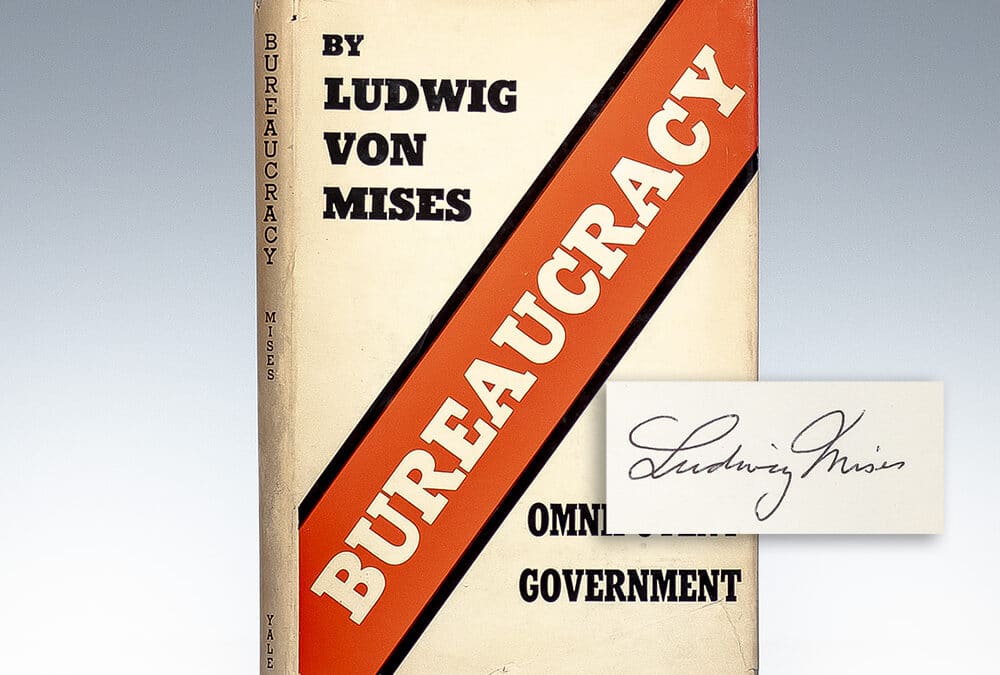Bob and I discuss why the word corporate is not a dirty word. Enjoy! https://www.youtube.com/watch?v=QtYcrb4YbGM

TGIF: Birthright Citizenship and the Constitution
All persons born or naturalized in the United States, and subject to the jurisdiction thereof, are citizens of the United States.... —U.S. Constitution, Amendment XIV Donald Trump says he wants a "revolution of common sense." If he means it, he will abandon his unilateral attempt to cancel birthright citizenship, which the 14th Amendment to the U.S. Constitution, ratified in 1868, expressly acknowledges. The opening words of that amendment have a common-sense meaning that requires grotesque mental contortions to evade. Opponents of birthright citizenship will seek refuge in the amendment's...

TGIF: Why McKinley?
Now what will hasten the day when our present advantages will wear out and when we shall come down to the conditions of the older and densely populated nations? The answer is: war, debt, taxation, diplomacy, a grand governmental system, pomp, glory, a big army and navy, lavish expenditures, political jobbery—in a word, imperialism. —William Graham Sumner In his inaugural address on Monday, Donald Trump paid tribute to only one former president, William McKinley, No. 25, who Trump said "made our country very rich through tariffs and through talent." He praised the Republican McKinley in...

TGIF: The H-1B Controversy
Does anyone still believe that the market process should set prices, including wages? Apparently not. Take the controversy surrounding the H-1B visa, the program that "permits" employers to hire highly educated and skilled foreign workers, such as hi-tech personnel. Judging by the narrow range, everyone involved in the debate is a social engineer. Only three options are on the menu: continue the program, reform it to prevent its misuse, and end it. What's missing? The "let the market set wages" option Sorry, that's not on offer. Let's start with how the U.S. Department of Labor describes the...
Production Is Spiritual, Not Material
"Production is not an act of creation; it does not bring about something that did not exist before. It is a transformation of given elements through arrangement and combination. The producer is not a creator. Man is creative only in thinking and in the realm of imagination. In the world of external phenomena he is only a transformer. All that he can accomplish is to combine the means available in such a way that according to the laws of nature the result aimed at is bound to emerge.... "Only the human mind that directs action and production is creative. The mind too appertains to the...

TGIF: Efficient Bureaucracy?
With all the talk about government efficiency, it would be useful to remind ourselves why bureaucracies differ radically from for-profit businesses. Ludwig von Mises devoted a short but enlightening volume to this subject in 1944, Bureaucracy. Elon Musk and Vivek Ramaswamy, who will co-chair the nongovernmental Department of Government Efficiency, should do some homework by reading that book. Mises, as an advocate of limited government, did not argue that bureaucracy has no place in a free society. In contrast to anarcho-capitalists, he thought government and therefore some bureaucracy was...
Competition Is Cooperation
"The pricing process is a social process. It is consummated by an interaction of all members of the society. All collaborate and cooperate, each in the particular role he has chosen for himself in the framework of the division of labor. Competing in cooperation and cooperating in competition all people are instrumental in bringing about the result, viz., the price structure of the market, the allocation of the factors of production to the various lines of want-satisfaction, and the determination of the share of each individual. These three events are not three different matters. They are...

TGIF: Capitalist Exploitation or Interest?
The completely just proposition that the worker is to receive the entire value of his product can be reasonably interpreted to mean either that he is to receive the full present value of his product now or that he is to get the entire future value in the future. But ... the socialists interpret it to mean that the worker is to receive the entire future value of his product now. —Eugen von Böhm-Bawerk The free-market economy—laissez-faire capitalism—may be unpopular because people think it authorizes the exploitation of workers. They are not paid the full value of their product—or so it...









